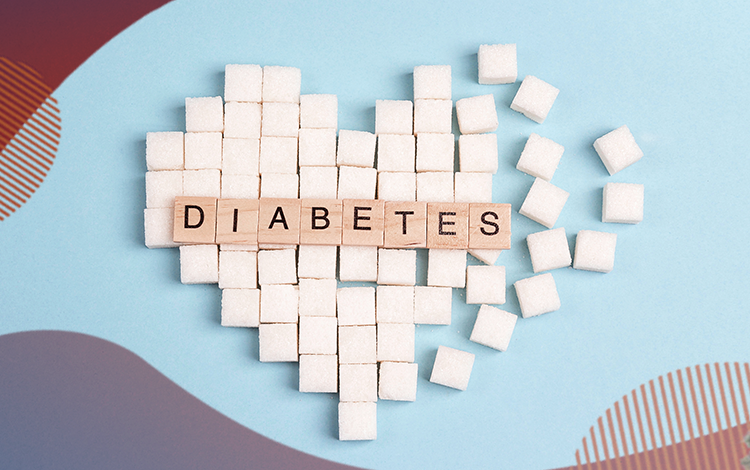
Diabetes, A1-C Testing
Stay One Step Ahead of Diabetes with Fast Pace Health
Managing diabetes effectively requires a proactive approach. At Fast Pace Health, we provide personalized treatment strategies tailored to your needs, including:
- Blood Sugar Testing (Hemoglobin A1c) – Monitor and manage glucose levels.
- Diabetic Medication Management – Ensure your medications are working for you.
- Nutritional Counseling – Receive guidance on diet and meal planning.
- Kidney Function Tests – Detect early signs of kidney complications.
- Hypertension Management – Control high blood pressure effectively.
- Hyperlipidemia Management – Manage high cholesterol levels.
- Diabetic Eye Exam – Prevent vision-related complications.
Management starts with early detection and ongoing care. Schedule an appointment with a Fast Pace Primary Care provider to develop a treatment plan that fits your needs. Your local provider can help assist with early detection with blood testing and screenings. Maintaining regular wellness screenings with your provider can help set the path to improving your overall health.
Take Control of Your Health Managing diabetes starts with early detection and ongoing care. Schedule an appointment with a Fast Pace Primary Care provider to develop a treatment plan that fits your needs.
Understanding Diabetes Diabetes, commonly referred to as “high sugar,” is a prevalent condition treated at Fast Pace Health. It occurs when blood glucose levels become too high. Insulin, a hormone produced by the pancreas, helps move glucose from the food you eat into your cells for energy.
If you believe you may be at risk, visit your nearest Fast Pace Health Primary Care or Urgent Care Clinic for a diabetes screening.
Types of Diabetes:
- Type 1 Diabetes – A chronic condition where the pancreas produces little to no insulin. Management includes diet, exercise, regular monitoring, and insulin therapy.
- Type 2 Diabetes – A condition where the body does not use insulin effectively. Initially, the pancreas compensates by producing extra insulin, but over time, it becomes insufficient. Management includes lifestyle changes, oral medications, and insulin therapy when needed.
Common Warning Signs of Diabetes:
- Increased thirst
- Increased hunger (especially after eating)
- Dry mouth
- Frequent urination or urinary infections
- Unexplained weight loss
- Fatigue or weakness
- Blurred vision
- Headaches
How is Diabetes Diagnosed? The fasting blood glucose test is the preferred method for diagnosing diabetes. This test is performed after fasting for at least 8 hours.
- Normal fasting glucose levels: Less than 100 mg/dL
- Diabetes diagnosis: 126 mg/dL or higher on two separate tests
A random blood glucose test can also diagnose diabetes. A reading of 200 mg/dL or higher indicates diabetes.
Managing diabetes starts with early detection and ongoing care. Schedule an appointment with a Fast Pace Primary Care provider to develop a treatment plan that fits your needs.
Primary Care services are not available in all clinic locations. Please visit our website to check service availability near you. Additional Virtual Primary Care appointments are currently only available for patients physically present in Tennessee, Mississippi, Louisiana, and Kentucky at the time of service. We are expanding our locations to better serve you—check back soon for new states.
Managing diabetes starts with early detection and ongoing care. Schedule an appointment with a Fast Pace Primary Care provider to develop a treatment plan that fits your needs.
If you are experiencing a medical emergency, please dial 9-1-1.
Related Resources


